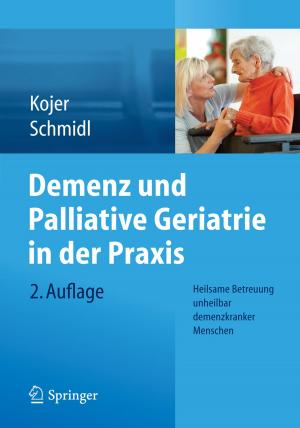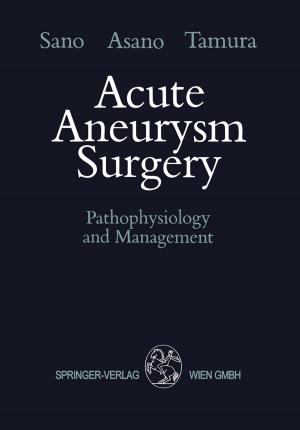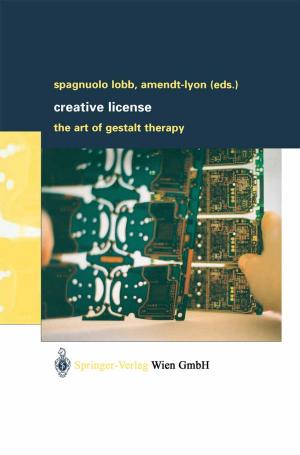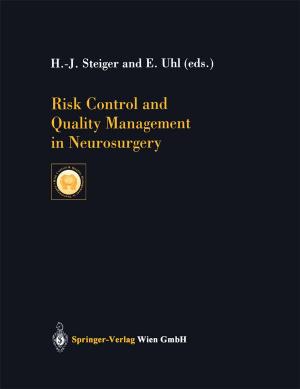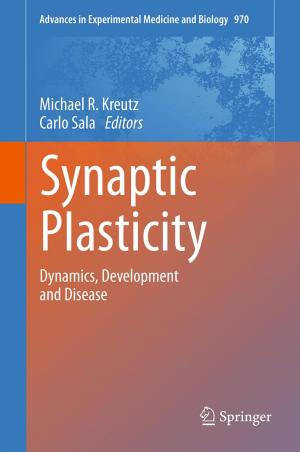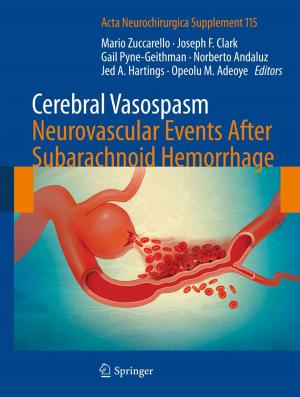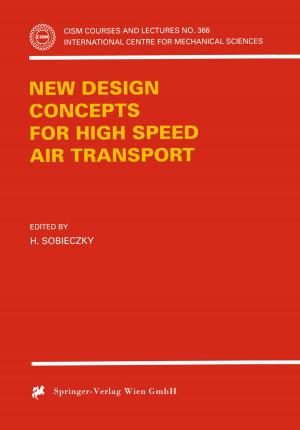Transcranial Doppler Sonography
Nonfiction, Health & Well Being, Medical, Surgery, Neurosurgery, Specialties, Internal Medicine, Neurology| Author: | ISBN: | 9783709188644 | |
| Publisher: | Springer Vienna | Publication: | December 6, 2012 |
| Imprint: | Springer | Language: | English |
| Author: | |
| ISBN: | 9783709188644 |
| Publisher: | Springer Vienna |
| Publication: | December 6, 2012 |
| Imprint: | Springer |
| Language: | English |
Every few years a dissertation comes to the area of clinical application of medical technology which carries us forward as on a magic carpet into new regions of understanding and patient care. This book is such a magic carpet. It brings together, in a clear and incisive fashion, important hemodynamic principles with a simple noninvasive method of application to a part of the cerebral vasculature which has been relatively inaccessible. To the lucky and perceptive person who reads this book, a feeling of excitement and hope for progress is engendered. The diligent application of the potentials of transcranial Doppler ultrasound brings new power to our efforts in understanding the cerebral circulation and the causes, treatment and prevention of cerebrovascular disorders. Merrill P. Spencer, M. D. Director Institute of Applied Physiology and Medicine Seattle, Wash. , July 1986 Acknowledgements I am greatly indebted to Prof. He1ge Nornes, Oslo, who introduced me to the fascinating study of cerebral hemodynamics in the early 1970's and since then continually encouraged my interest in this field. It was through his pioneering work on the cerebral circulation-using peroperative electromagnetic flowmetry and Doppler techniques-that the basis was laid for the noninvasive trans cranial approach to the circle of Willis described in this book. I also gratefully acknowledge the stimulating case discussions with Prof. Peter Huber, Berne, at the very early introduction of trans cranial Doppler, the inspiring exchange of ideas with Dr. Merrill P.
Every few years a dissertation comes to the area of clinical application of medical technology which carries us forward as on a magic carpet into new regions of understanding and patient care. This book is such a magic carpet. It brings together, in a clear and incisive fashion, important hemodynamic principles with a simple noninvasive method of application to a part of the cerebral vasculature which has been relatively inaccessible. To the lucky and perceptive person who reads this book, a feeling of excitement and hope for progress is engendered. The diligent application of the potentials of transcranial Doppler ultrasound brings new power to our efforts in understanding the cerebral circulation and the causes, treatment and prevention of cerebrovascular disorders. Merrill P. Spencer, M. D. Director Institute of Applied Physiology and Medicine Seattle, Wash. , July 1986 Acknowledgements I am greatly indebted to Prof. He1ge Nornes, Oslo, who introduced me to the fascinating study of cerebral hemodynamics in the early 1970's and since then continually encouraged my interest in this field. It was through his pioneering work on the cerebral circulation-using peroperative electromagnetic flowmetry and Doppler techniques-that the basis was laid for the noninvasive trans cranial approach to the circle of Willis described in this book. I also gratefully acknowledge the stimulating case discussions with Prof. Peter Huber, Berne, at the very early introduction of trans cranial Doppler, the inspiring exchange of ideas with Dr. Merrill P.


